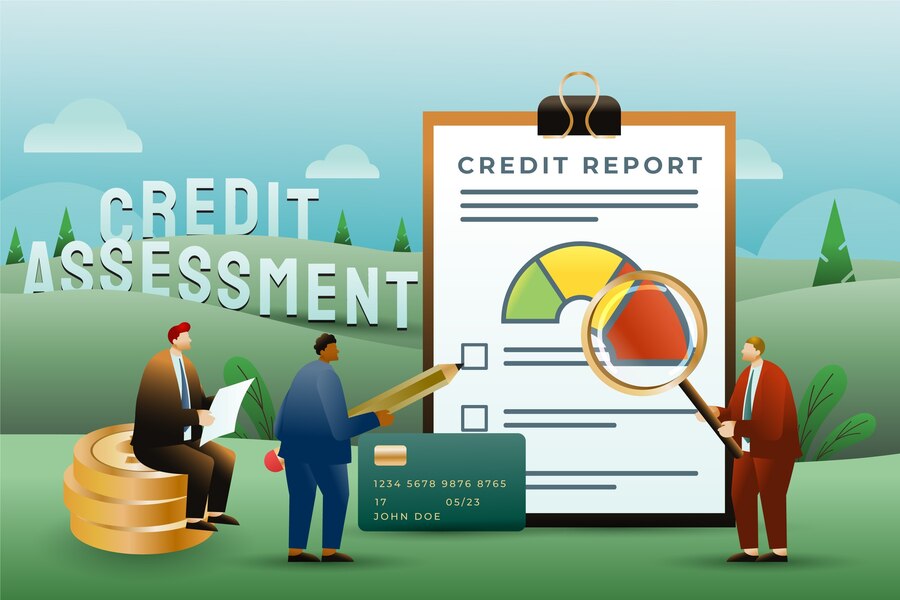Your credit score is a crucial factor that determines your financial health and influences your ability to secure loans, credit cards, and even better interest rates. In India, the CIBIL score (Credit Information Bureau India Limited) is the most widely used credit score, ranging from 300 to 900. A higher score reflects good creditworthiness, while a lower score may indicate potential risk to lenders. If you’re planning to improve your credit score, especially after dealing with loan repayment challenges, here are some effective ways to achieve it.
- Pay Your EMIs and Credit Card Bills on Time
Timely repayment of loans and credit card bills is the most important factor that impacts your credit score. Missed or delayed payments negatively affect your score and can take time to recover. To improve your credit score:
- Set up automatic payments to ensure you never miss a due date.
- Pay at least the minimum due on your credit card if full payment isn’t possible.
- Prioritize clearing any overdue EMIs to avoid penalties and further damage to your score.
Consistently paying on time shows lenders that you’re responsible with credit, which will gradually boost your score.
- Reduce Your Credit Utilization Ratio
The credit utilization ratio is the percentage of your available credit that you’re using. For example, if your credit limit is ₹1,00,000 and you’ve spent ₹40,000, your credit utilization ratio is 40%. A high utilization ratio can negatively impact your score because it suggests you may rely too heavily on credit.
To improve your credit score:
- Keep your credit utilization below 30% of your available limit.
- Try to pay off your credit card balance multiple times within a billing cycle to lower the utilization.
- Request a credit limit increase to reduce your utilization percentage, but avoid increasing your spending as a result.
- Avoid Applying for Multiple Loans or Credit Cards Simultaneously
Every time you apply for a loan or credit card, the lender performs a hard inquiry on your credit report, which can temporarily lower your score. Multiple loan or credit card applications within a short period can make you appear financially overextended, leading to a lower score.
To avoid damaging your score:
- Be strategic with loan or credit card applications, and only apply when necessary.
- If you’re shopping for the best loan or interest rate, try to complete all inquiries within a short time frame, as credit bureaus may count them as a single inquiry.
- Keep Old Credit Accounts Open
Your credit history length contributes to your overall score. Closing old accounts, especially those in good standing, can shorten your credit history and negatively affect your score.
Instead of closing old credit cards:
- Keep them open, even if you don’t use them regularly. Older accounts with positive payment history are beneficial for your credit score.
- Make small purchases on these cards occasionally to keep the account active and maintain a positive credit history.
- Diversify Your Credit Mix
Lenders like to see that you can manage different types of credit responsibly. A credit mix could include credit cards, personal loans, home loans, and auto loans. If you have only one type of credit (e.g., just a credit card), your score might not reflect your full credit potential.
To improve your credit score:
- Maintain a balance of secured and unsecured loans.
- Don’t take on unnecessary debt, but when required, consider adding a different type of credit, such as a small personal loan, to improve your credit profile.
- Check Your Credit Report Regularly for Errors
Sometimes, errors on your credit report can drag down your score. It’s essential to regularly review your credit report for inaccuracies, such as:
- Incorrect personal information.
- Loans or credit cards listed that don’t belong to you.
- Payment history errors or wrong credit limits.
If you spot any errors, file a dispute with the credit bureau immediately to have them corrected. Correcting these mistakes can give an instant boost to your credit score.
- Clear Any Settled or Written-Off Loans
If you’ve settled or written off loans, it’s crucial to take steps to clean up your credit history. These statuses can affect your credit score for several years.
- Pay off any outstanding balances on settled accounts if possible.
- Request a “No Dues Certificate” from the lender to ensure your account is fully settled.
- Ask the lender to update your CIBIL report with the correct status.
While it may take time, this effort will help improve your credit score over the long term.
Conclusion
Improving your credit score is not an overnight process, but with consistent financial discipline, you can steadily raise your score and enhance your creditworthiness. Focus on paying your bills on time, maintaining a low credit utilization ratio, avoiding multiple credit applications, and regularly checking your credit report for errors. These steps will put you on the path to better financial health and a higher credit score, making it easier for you to secure loans and credit in the future.
Get in touch with us today at bankharassment.com and embark on your path to financial freedom



